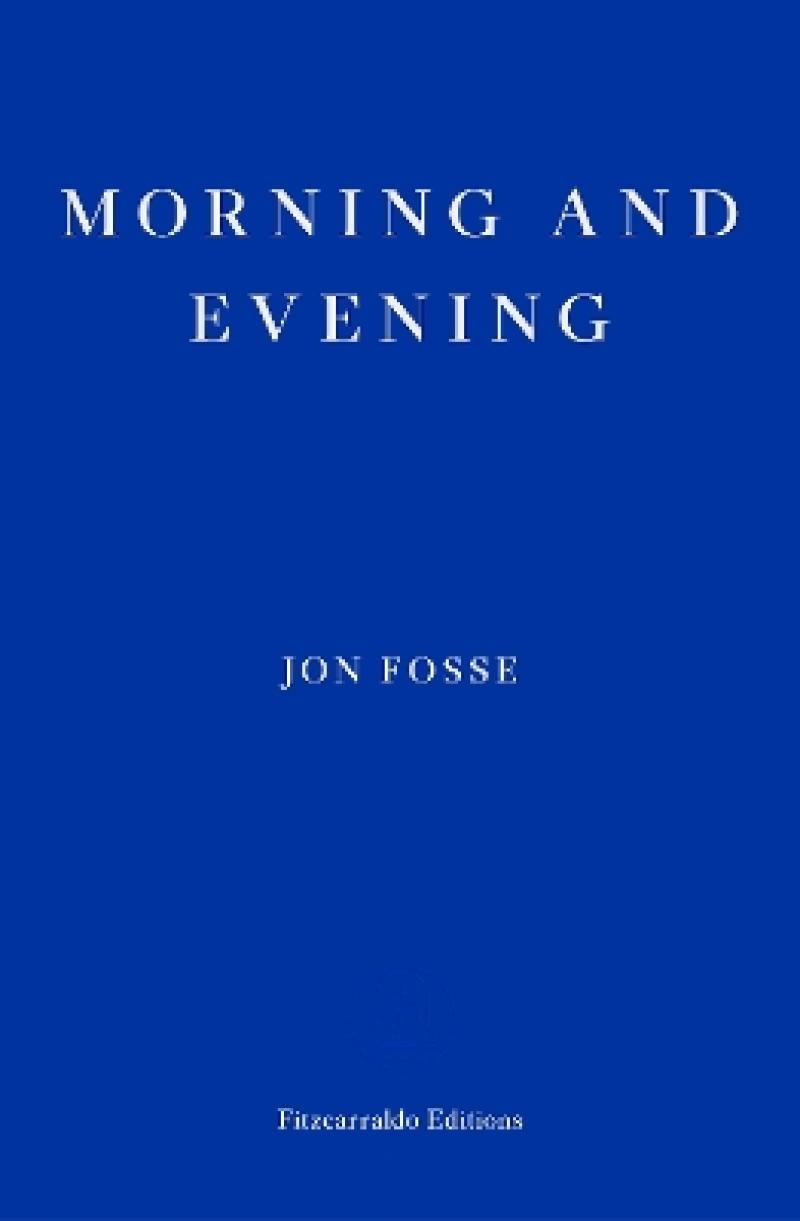<p>‘Fosse has a precious ear for the muted whimpers of grief; there are such depths of ache contained in this brief novel. That we begin the journey of dying as soon as we are born may be one of this book’s most effectively dramatized insights, but it succeeds, no less brilliantly, in conveying late-life pain and melancholia; what the days feel like once friends and lovers are gone and we have but our own vanishing selves for company.’<br />
— Yagnishsing Dawoor, <em>Observer</em></p>
<p>‘Something in the critical self is shed in the process of reading Fosse, only to be replaced by something more primal. A mood. An atmosphere. The sound of words moving on a page.’<br />
— Ruth Margalit, <em>New York Review of Books</em></p>
<p>‘Damion Searls’ translation is delicate and rhythmic. Fosse is a great novelist of our time, and if you haven’t already discovered him for yourself, this short, sublime novel may be the perfect opportunity.’ <br />
— Rónán Hession, Irish Times</p>
<p>‘We are in the presence of rare literary greatness. It is for this greatness that the Swedish Academy has justly awarded Jon Fosse the Nobel prize.’<br />
— Paul Binding,<em> Times Literary Supplement</em></p>
<p>‘Jon Fosse is a major European writer.’<br />
— Karl Ove Knausgaard, author of<em> The Wolves of Eternity</em></p>
<p>‘The Beckett of the twenty-first century.’<br />
— <em>Le Monde</em></p>
<p>‘He touches you so deeply when you read him, and when you have read one work you have to continue.... What is special with him is the closeness in his writing. It touches on the deepest feelings that you have – anxieties, insecurities, questions of life and death – such things that every human being actually confronts from the very beginning. In that sense I think he reaches very far and there is a sort of a universal impact of everything that he writes. And it doesn’t matter if it is drama, poetry or prose – it has the same kind of appeal to this basic humanness.’<br />
— Anders Olsson, Nobel committee <br />
</p>
A child who will be named Johannes is born. An old man named Johannes dies. Between these two points, Jon Fosse gives us the details of an entire life, starkly compressed. Beginning with Johannes’s father’s thoughts as his wife goes into labour, and ending with Johannes's own thoughts as he embarks upon a day in his life when everything is exactly the same, yet totally different, Morning and Evening is a novel concerning the beautiful dream that our lives have meaning.
A novel about the birth and death of Johannes the fisherman – a key work in 2023 Nobel laureate Jon Fosse’s oeuvre.
Produktdetaljer
Biografisk notat
Jon Fosse was born in 1959 on the west coast of Norway and is the recipient of countless prestigious prizes, both in his native Norway and abroad. Since his 1983 fiction debut, Raudt, svart [Red, Black], Fosse has written prose, poetry, essays, short stories, children’s books and over forty plays. In 2023, he was awarded the Nobel Prize in Literature ‘for his innovative plays and prose which give voice to the unsayable’.
